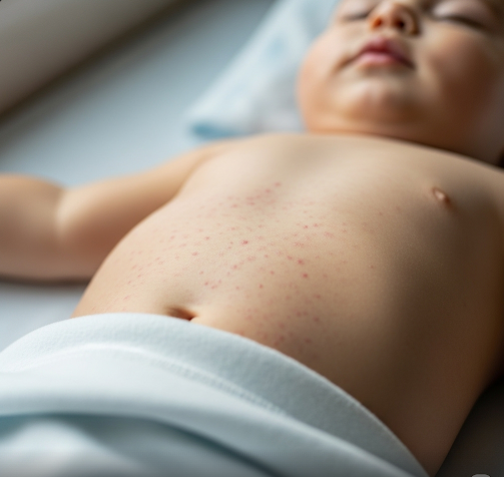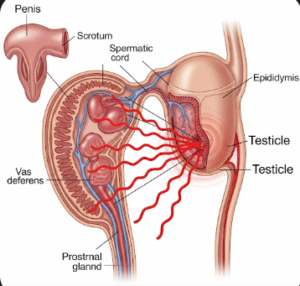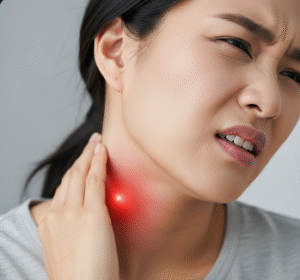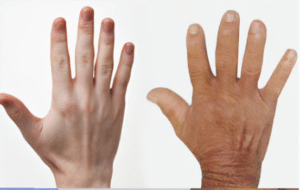Overview
Roseola, also known as sixth disease or exanthem subitum, is a common viral infection primarily affecting infants and young children. It is characterized by a sudden high fever followed by a distinctive rash as the fever subsides. In Korea, pediatricians are experienced in diagnosing and managing roseola, providing supportive care to ensure smooth recovery.
What is Roseola?
Roseola is caused mainly by human herpesvirus 6 (HHV-6) and sometimes HHV-7. It typically affects children between 6 months and 2 years old. The illness begins with a rapid onset of high fever, which lasts for several days, followed by the appearance of a pinkish rash as the fever resolves.
Symptoms
- Sudden high fever lasting 3 to 5 days
- Irritability and mild respiratory symptoms
- Swollen lymph nodes in the neck
- Pink or red rash appearing on the trunk and spreading to limbs and neck once the fever subsides
- Mild diarrhea or decreased appetite in some cases
Causes
- Infection with human herpesvirus 6 (HHV-6) or less commonly HHV-7
- Transmission through saliva or respiratory secretions from infected individuals
Risk Factors
- Age between 6 months and 2 years
- Close contact with other children in daycare or family settings
- Weakened immune system increases risk of severe symptoms
Complications
- Febrile seizures due to high fever in some children
- Rarely, complications like encephalitis or meningitis
- Dehydration from fever and reduced fluid intake
Prevention
- Good hygiene practices such as frequent hand washing
- Avoiding close contact with infected individuals during contagious phases
- No vaccine currently available
Treatment Options in Korea
Korean pediatric healthcare providers focus on supportive care for roseola:
- Fever Management: Use of antipyretics like acetaminophen or ibuprofen to reduce fever and discomfort.
- Hydration: Ensuring adequate fluid intake to prevent dehydration.
- Monitoring: Close observation for febrile seizures or worsening symptoms.
- Parental Education: Guidance on symptom management and when to seek medical attention.













